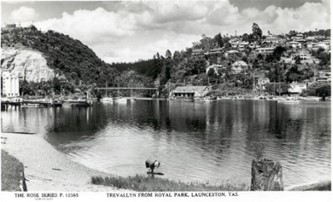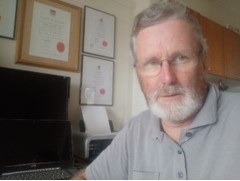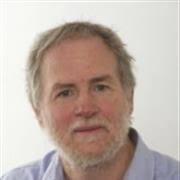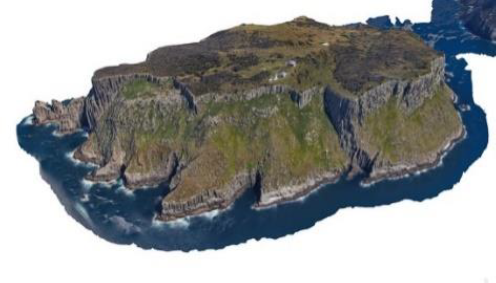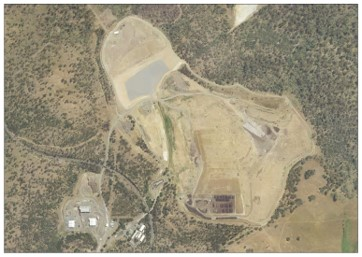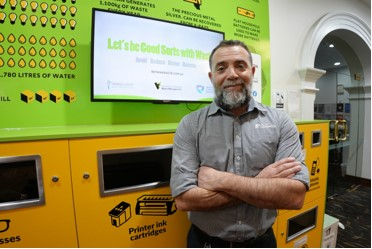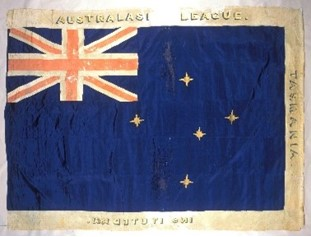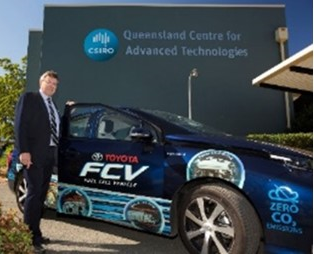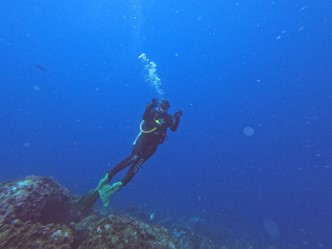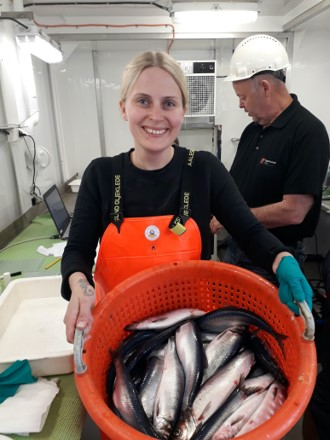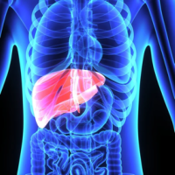Recent advances in the treatment of liver disease have seen previously incurable conditions effectively treated. However, the number of cases of fatty liver disease, hepatitis and liver cancer are increasing and predicted to do so for decades. Despite recent breakthroughs in diagnosis and treatment we are seeing increasingly more Australians die from liver disease especially in disadvantaged groups.
Professor Nicholas Shackel is a specialized hepatologist managing all aspects of adult liver disease. He has both a medical degree and a PhD with a track record in both basic and applied research, having trained at both the Australian National Liver Transplant Unit and Duke University in the USA. Prof Shackel has interests in the diagnosis and management of liver cancer, importance of nutrition in cirrhosis and the noninvasive assessment of liver disease severity.
